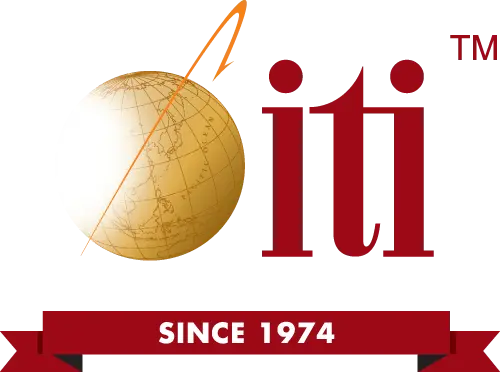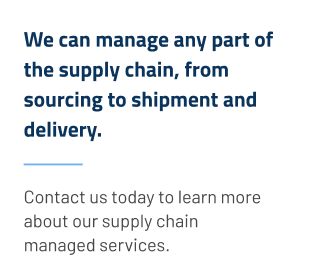“Your shipment is going to be late.” These are words no one in a supply chain wants to hear. Granted there are those uncontrollable and rare circumstances responsible for some shipments from China manufacturers to be late: dock strikes, major inclement weather such as a typhoon, or a medical pandemic. These uncontrollable delays have far-reaching consequences, and so are looked upon as situations that must be reluctantly tolerated and dealt with as best as possible.
There are also other events – common, ordinary, even some occurring annually – that result in delays due to nothing more than poor advance planning, lack of knowledge, or, believe it or not, a non-familiarity with the event. A perfect example would be the Chinese holidays that catch American companies by surprise on a fairly regular basis. These holidays are well-known in China, are increasing in other parts of the globe, and happen each and every year. The interesting thing is somehow the necessity of planning ahead, so as not to be blindsided by this reoccurring phenomenon, is not yet fully ingrained in the American mind.
In many ways, China manufacturers are similar to major businesses in the United States. But when it comes to major China holidays things can get very different. When outsourcing manufacturing to China manufacturers, it’s important to familiarize yourself with China’s Holiday celebrations, and learn how they can affect production. Following are details regarding one of China’s major holidays and one lesser-known festival.
Chinese New Year
This is the big one. The Chinese New Year celebration is also known as the “Spring Festival” or the “Lunar New Year”. Officially, Chinese New Year starts with the New Moon on the first day of the New Year (typically the 1st or 2nd week of February) and ends on the full moon 15 days later. Many China manufacturers have workers who live far from the factory and city in which they work. Moreover, these factories will close for more than 15 days to give their workers a chance to go home for a visit with family, and then make the journey back. Another interesting thing to remember is that the factory’s suppliers, as well as the ports, also close during this holiday. Some entities close a little earlier than others, and some stay closed a little longer than others.
Qing Ming Festival
Another common Chinese national holiday equally recognized by China manufactures is Qing Ming Jie, which is traditionally observed around the first few days of April each year. It’s historically recognized on the 15th day of the Spring Equinox. This festival is also known as Tomb-Sweeping Day. It’s a time where people come together to honor those family members and loved ones who have passed on.
Whether it’s day to day business, or an annual holiday, many customs in China are observed differently compared to traditions in the United States. The more you know about how China manufacturers celebrate the holidays, the less chance you will have of hearing “Your shipment is going to be late.”
Each day, ITI Manufacturing prevents these types of issues from happening, and/or resolves those that do happen, on behalf of our clients. Contact us for a no-obligation evaluation of your situation. You might learn something interesting.





